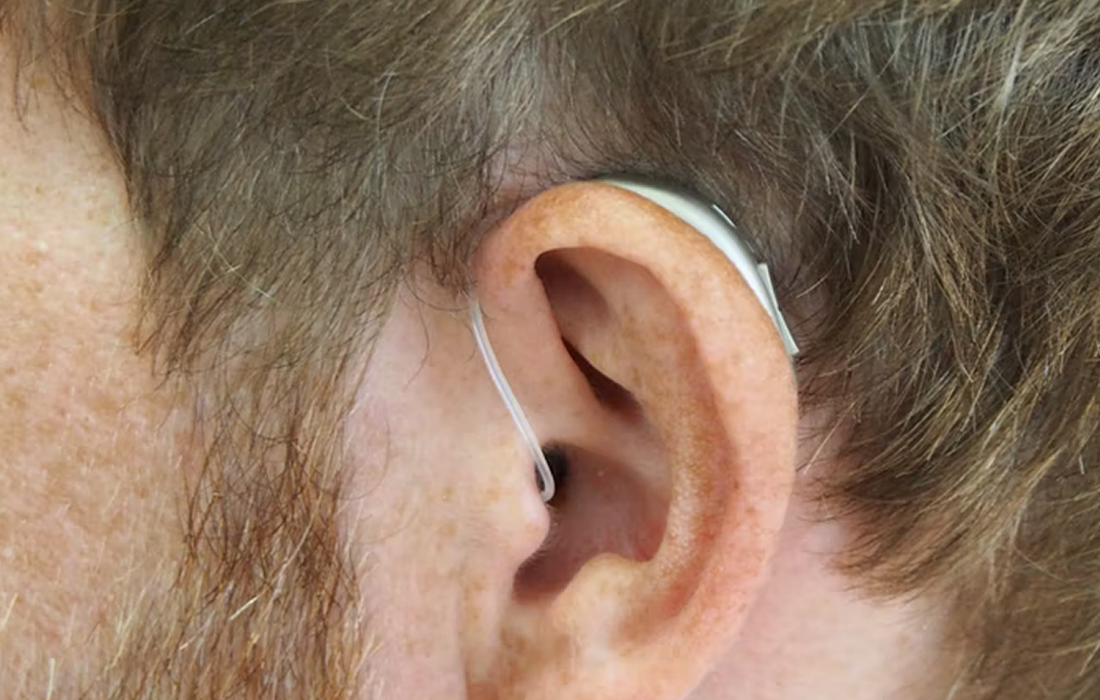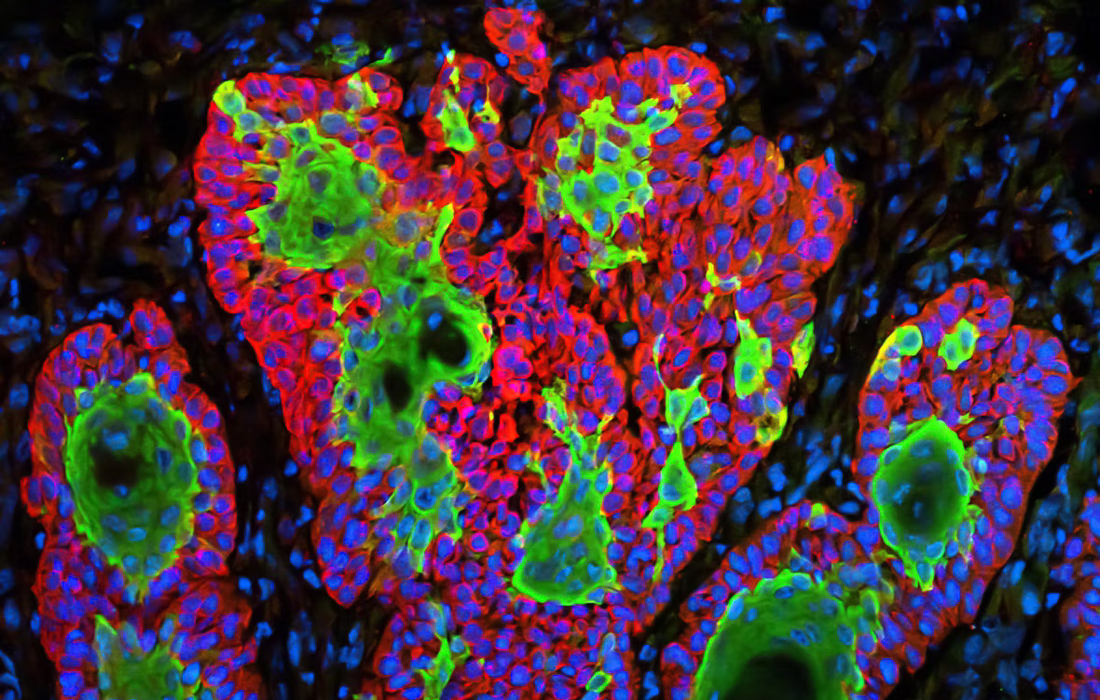Astrocytes make up almost half of the mammalian brain cells. They are called glial cells because scientists originally thought that these starlight-shaped structures serve as “nerve glue.” They play a variety of roles within neurons, such as controlling the growth of axons, the neuronal projections that carry electrical impulses. But until now it was unknown […]
Category Archives: Regenerative Medicine News and General Information
With cardiovascular disease being the leading cause of death in adults worldwide, prescribing safe and effective anti-hypertensive therapies is of great concern. However, a common combination of renin-angiotensin system (RAS) inhibitors, such as angiotensin-converting enzyme inhibitors (ACEI) or angiotensin receptor blockers (ARB), with diuretics and easily accessible over the counter non-steroidal anti-inflammatory drugs (NSAIDs) can […]
Hearing loss due to aging, noise, or other mechanisms such as drugs and antibiotics has been irreversible because scientists have not been able to reprogram existing cells to develop into the outer and inner ear sensory cells that are essential for hearing, once they die. In a recently published study, researchers have discovered a master […]
Physical activity represents a cornerstone in the primary prevention of at least 35 chronic conditions. However, over the past two decades, considerable knowledge has accumulated concerning the significance of exercise as the first-line treatment of several chronic diseases. A review of multiple studies was performed by B.K. Pedersen and B. Saltin, which included the latest […]
Sleep is a fundamental requirement for all animals. Appropriate quality and quantity of sleep is essential for the maintenance of mental and physical health. Due to societal pressures and light pollution, sleep deficiency has become a common public health problem, affecting approximately 10-20% of individuals worldwide, especially children and young adults. Short-term consequences of insufficient […]
Currently the general method to diagnose skin cancer is through visual inspection by a dermatologist with the aid of a dermatoscope, after which a biopsy is performed to confirm the diagnoThe visual examination accuracy is highly variable and depends on the level of training and experience of the clinician. A biopsy is an invasive procedure […]
Studies have shown that vitamin D has anticarcinogenic properties, including inhibition of cell proliferation and angiogenesis, and induction of cell differentiation and apoptosis. Observational studies have provided evidence that vitamin D may protect against some chronic diseases, including breast cancer. Black/African American women and Hispanic/Latina women tend to have lower circulating 25-hydroxyvitamin D (25(OH)D) levels […]
In a recently published study by the New University of Pittsburgh, researchers have shown for the first time that the microbes in animals’ guts influence what they choose to eat, making substances that prompt cravings for different kinds of foods. The results appear in the journal Proceedings of the National Academy of Sciences. For the […]
Different bacteria live in different areas of the intestinal tract and have different mechanisms of action. For that reason, most clinical trials looking for the optimal probiotic supplementation for inflammatory bowel disease (IBD), focus on each condition individually, either for ulcerative colitis (UC) or Crohn’s disease (CD). One of the most common hypotheses for the […]
In normal circumstances, the stomach is coordinated by underlying bioelectrical slow-wave activity, which coordinates the contraction of the muscles that mix and move contents into and through the gastrointestinal (GI) tract. Gastric dysrhythmias occur in gastrointestinal motility disorders that can cause symptoms such as nausea, vomiting, pain, and bloating. There are no validated methods for […]










